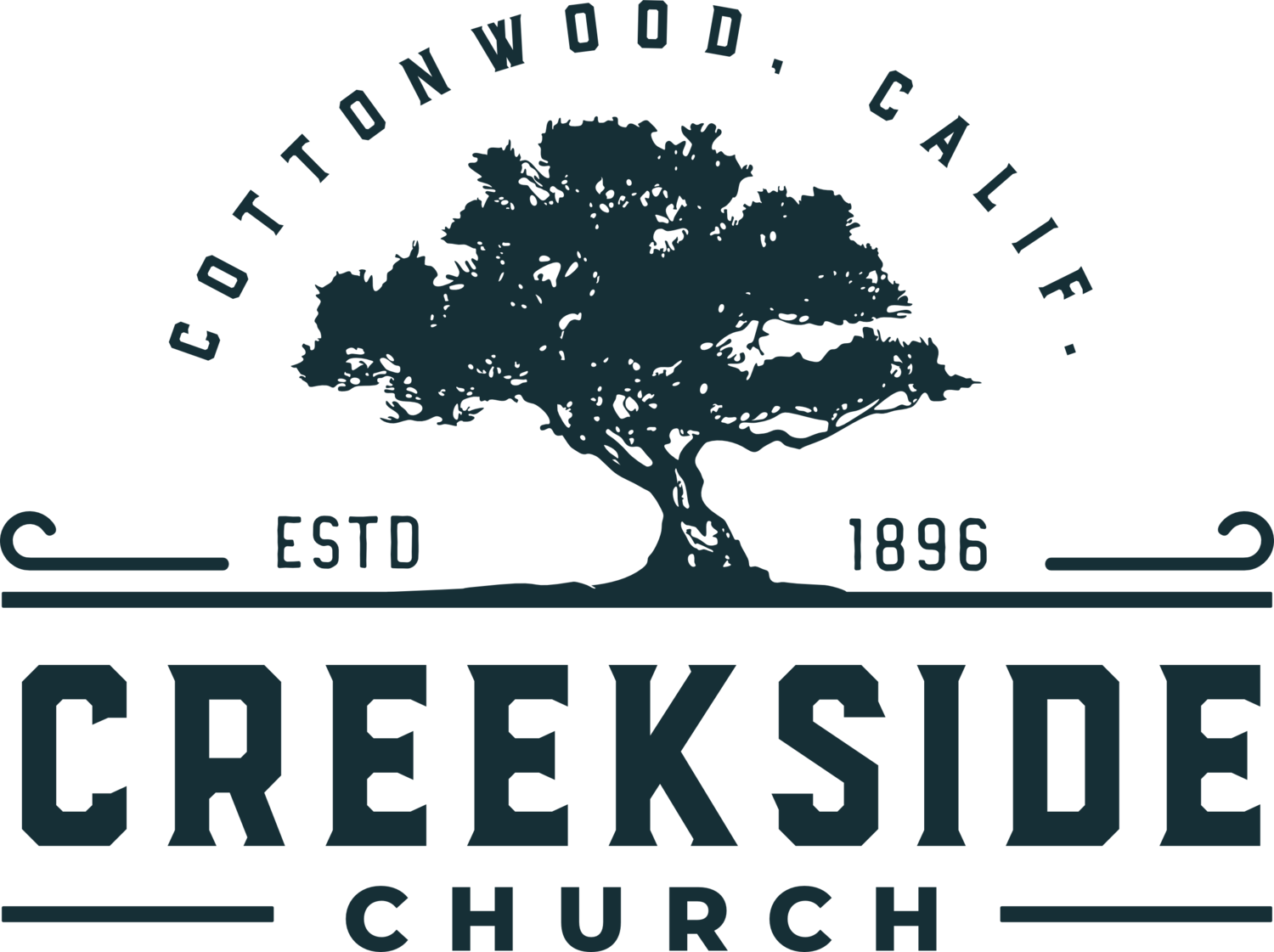SUMMER OF PSALMS (2018)
Think of the Psalms as what Dietrich Bonhoeffer calls the “prayer book of the Bible.” Have you ever thought about your default setting for prayer? It’s usually a very narrow definition. You have needs, you ask God for your needs, you hope that those needs get met, and you do your best to credit God for meeting those needs. And this pretty much summarizes the prayer life of 90% of us, 90% of the time. And yet there is so much more. To quote Bonhoeffer, “we confuse wishing, hoping, sighing, lamenting, rejoicing—all of which the heart can do on its own—with praying. But in doing so we confuse earth and heaven, human beings with God. Praying does not mean just pouring out our hearts. Instead, it means finding the way to and speaking with God, whether the heart is full, or empty.”
This is what the Psalms do for us. The Bible is God’s word spoken to us, given to us, providing us with the words to say to him, unlocking communion and community with God. It’s powerful, and freeing. The Psalms invite us to speak God’s words after him, not just about him, but to him. They exist not only to teach and instruct us, they are not merely reflections on the condition of the soul; they are the vehicle through which we make deep connection with the divine Creator. Even when our hearts are empty and impoverished, and there are no words, no emotions, no impulses pulling ourselves toward this connection, we may find in the Psalms the expression of truth and reality of God that subverts and overcomes even the poverty of our own hearts.
With this in mind, each Psalm we encounter this summer explores a different facet of prayer, a different and unique expression of our human condition and of God’s incredible character, to pour out from our beings these explosions of praise, or these cries of sadness and lament, or bursts of frustration, or statements of peace and assurance.
